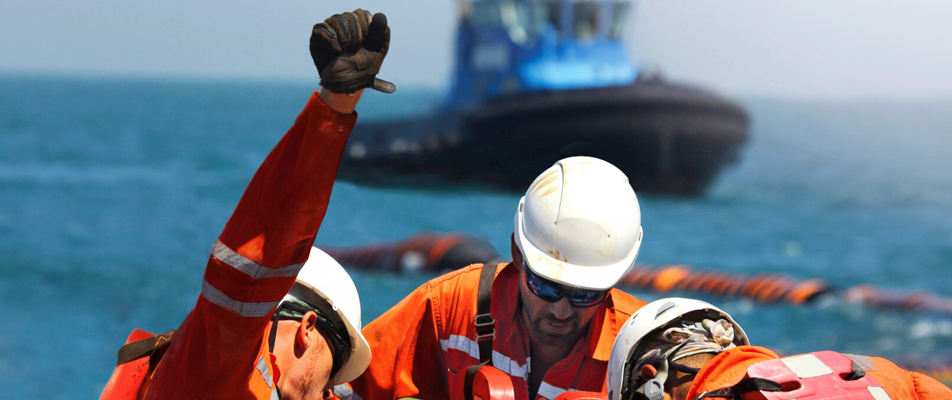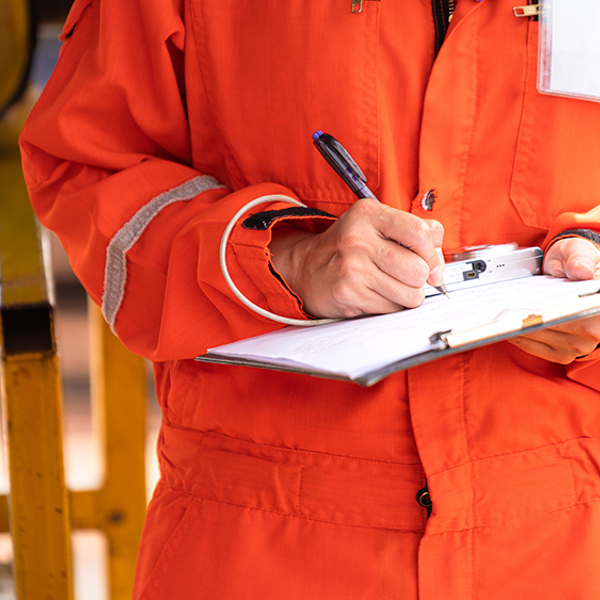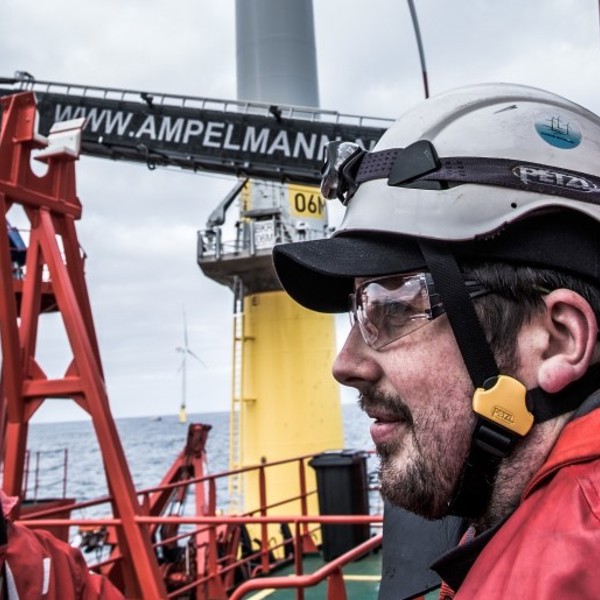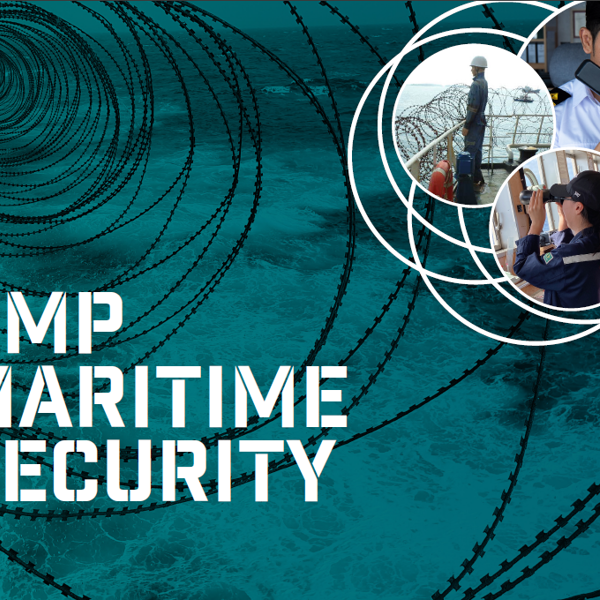Annual safety figures compiled by IMCA show continuing positive offshore safety trends, as the hours recorded increased by more than 50% to 958 million hours, demonstrating Members’ ongoing commitment to improving safety.
Key safety metrics registered improvements again this year, including the Total Recordable Injury Rate (TRIR), Lost Time Injury Frequency Rate (LTIFR), Safety Observation Frequency Rate (SOFR) and Fatal Accident Rate (FAR).
The report also features comparative figures from stakeholder groups – including G+, IADC and IOGP – which allows for cross-sector comparisons. Split by business size, it also enables individual companies to benchmark their own performance with appropriately sized peers.
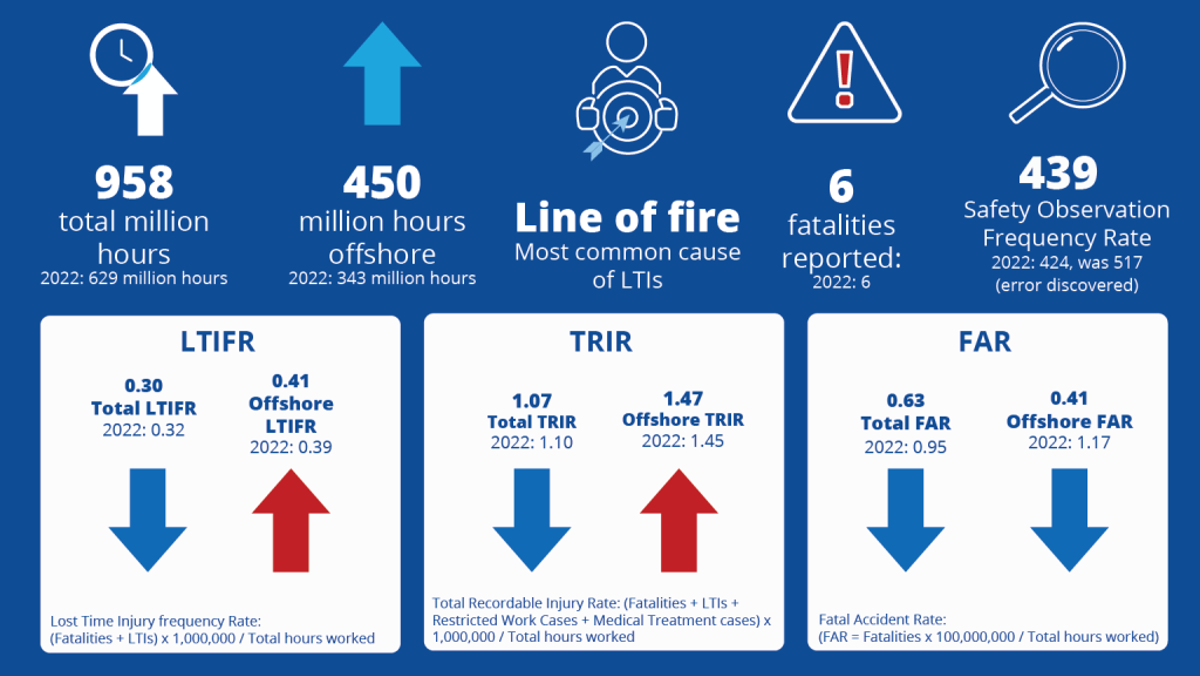

They reveal broader questions for IMCA and the industry – What should we now collectively explore if we wish to see a step change in offshore safety? How can we reduce avoidable serious incidents and offshore deaths? What lessons should we be learning from each other?Download Safety Statistics
Commenting on the publication of the annual safety statistics, Iain Grainger, CEO, IMCA, said: “We are pleased with the increase in hours recorded in our safety data this year to more than 950 million, demonstrating the unwavering commitment of our Members to improving safety and performance.
“The figures themselves continue trends seen in the last few years, showing small improvements across the major metrics collected from incidents at Contractor Members. However, they also reveal broader questions for IMCA and the industry – What should we now collectively explore if we wish to see a step change in offshore safety? How can we reduce avoidable serious incidents and offshore deaths? What lessons should we be learning from each other?”
“With this in mind, IMCA will be working closely with G+ over the coming months to reduce incidents. We will also be exploring emerging safety approaches at the IMCA Global Summit in December, where we will have a focus on the potential of Human and Operational Performance (HOP) to improve safety.”
“For more than 50 years, safety has been fundamental to IMCA’s mission, and we have witnessed a dramatic decline in offshore incidents. The industry needs to come together and find the new approaches which will build on this good work as we strive towards a world where working offshore is as safe as possible.”
Human and Operational Performance (HOP)
Alongside the publication of our Safety Statistics, IMCA has produced an Information Note on Human and Operational Performance (HOP).
HOP was born out of the safety science community and took a fresh approach to how the worker is viewed. In essence, HOP is about learning and understanding how humans and organisations interact to accomplish work. HOP is a ‘philosophy’ which allows organisations to build error-tolerant systems. HOP accepts that it is not realistic to expect perfection from workers or processes.
Commenting on the Information Note’s publication, Nick Hough, Consultant – Safety, IMCA said: “We’re delighted to be able to support our Members understand this emerging safety philosophy and share some examples of successful adoption.”
“An unrelenting commitment to safety means exploring new ideas and concepts, which is why I’m also looking forward to the discussion of its potential at the IMCA Global Summit later this year, where we’ll hear first hand from Members who have made steps to implement the approach.”
Members can login or register with their work email address to access the Information Note now.
